Mali: Islamists Go into Hiding as French Troops Close on Timbuktu [SLIDESHOW]
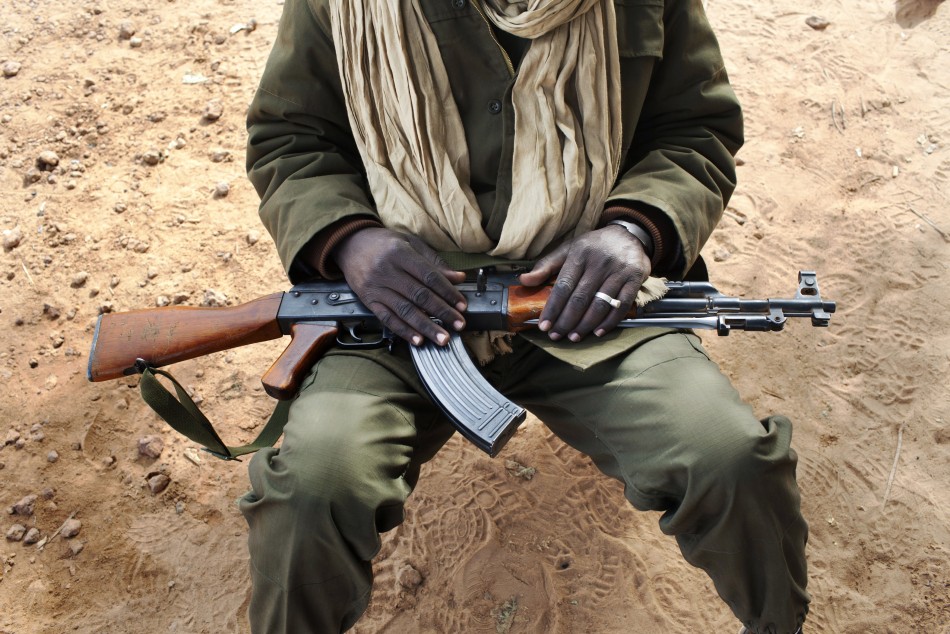

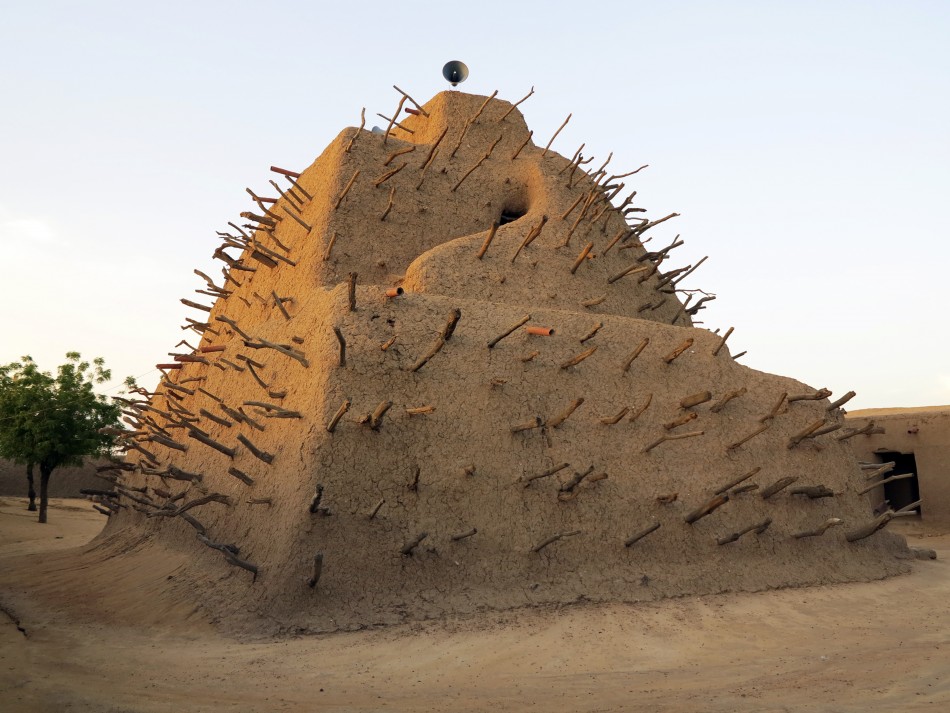
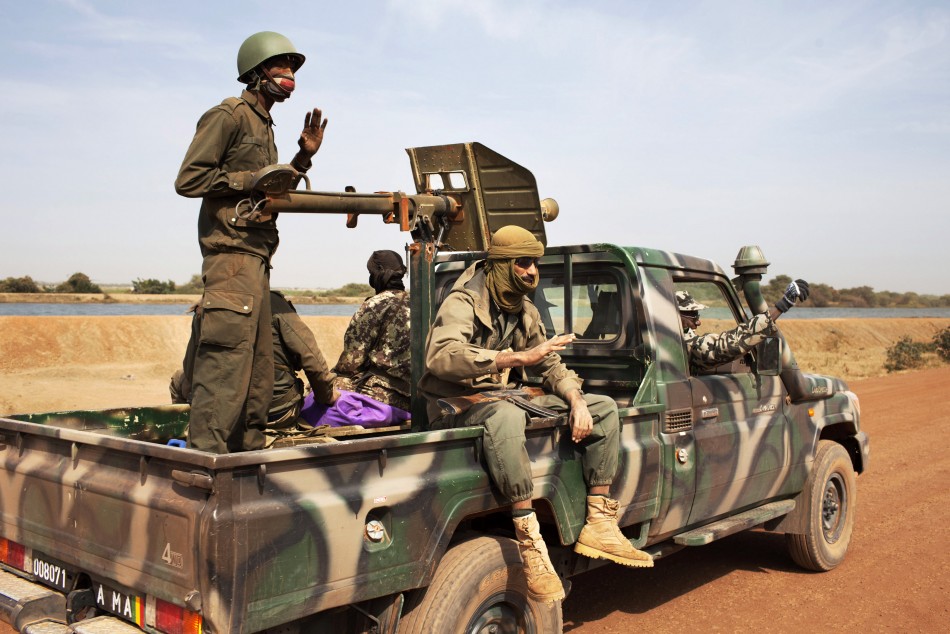

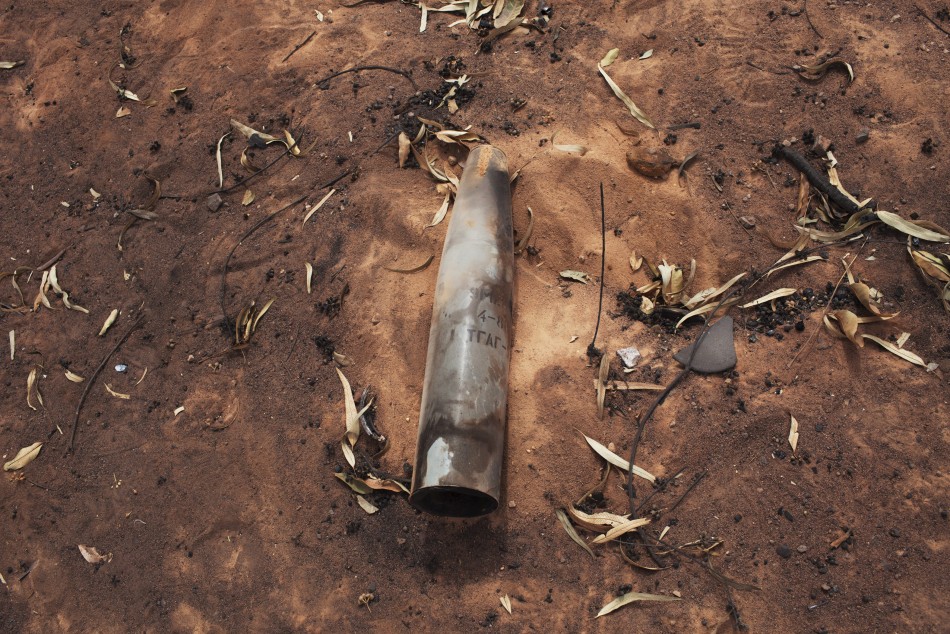


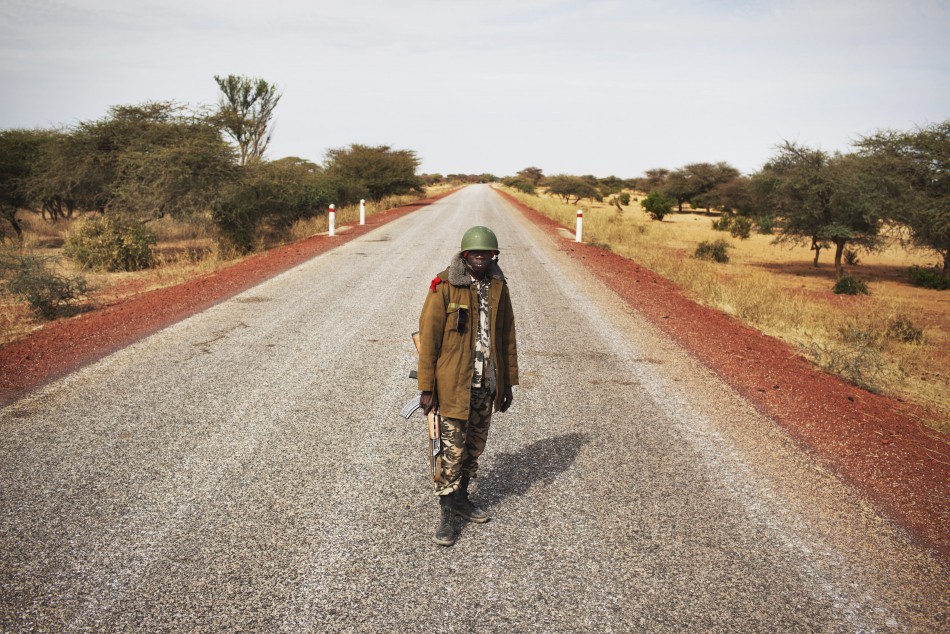
As French and Malian forces have entered the key town of Timbuktu "without firing a shot," French foreign minister Laurent Fabius has warned against a future comeback of Islamist militants.
Rebels are believed to be pulling back into the remote desert areas of the north, as part of an evasion strategy to reorganise themselves.
"Little by little, Mali is being liberated," Fabius told France 2 television. "The terrorist groups are carrying out a strategy of evasion and some of them could return in the north, primarily in Mali."
The broad and hard-to reach desert region straddling the Algerian border is a perfect natural hideaway for the rebels to start a long guerrilla war.
However President Francois Hollande earlier hinted France is ready for a long war, saying the military operation is to last "as long as is necessary."
"France has no intention to stay in Mali," Hollande explained. "But it is our duty to put African forces in a position to give Mali a lasting stability."
Meanwhile French ground forces backed by paratroopers and helicopters have set the terrain for Malian troops to free Timbuktu, seizing the airport and roads accessing the town.
"There was an operation on Timbuktu last night that allowed us to control access to the town," said French Col. Thierry Burkhard, the chief military spokesman in Paris. "It's up to Malian forces to retake the town."
The offensive on Timbuktu comes two days after the seizure of Gao, Mali's most populous city.
The next target of the French-led offensive is believed to be the eastern Islamist stronghold of Kidal.
Kidal is home to the head of Ansar Dine, one of the three militant groups that took over the north of the country in April last year.
The other two are al-Qaeda in the Islamic Maghreb (AQIM) and the Movement for Unity and Jihad in West Africa (MUJAO).
Timbuktu's mayor Ousmane Halle said Islamist extremists torched a library containing historic manuscripts dating back as far as the 12th century, as French troops were closing in.
"It's truly alarming that this has happened" said Halle from the capital Bamako. "They torched all the important ancient manuscripts. The ancient books of geography and science. It is the history of Timbuktu, of its people."
During their 10-month rule, Islamists had already destroyed part of the UNESCO World Heritage sites in the fabled desert town about 1,000 km (620 miles) northeast of Bamako, as they claimed the monuments contravened Islam.
© Copyright IBTimes 2024. All rights reserved.






